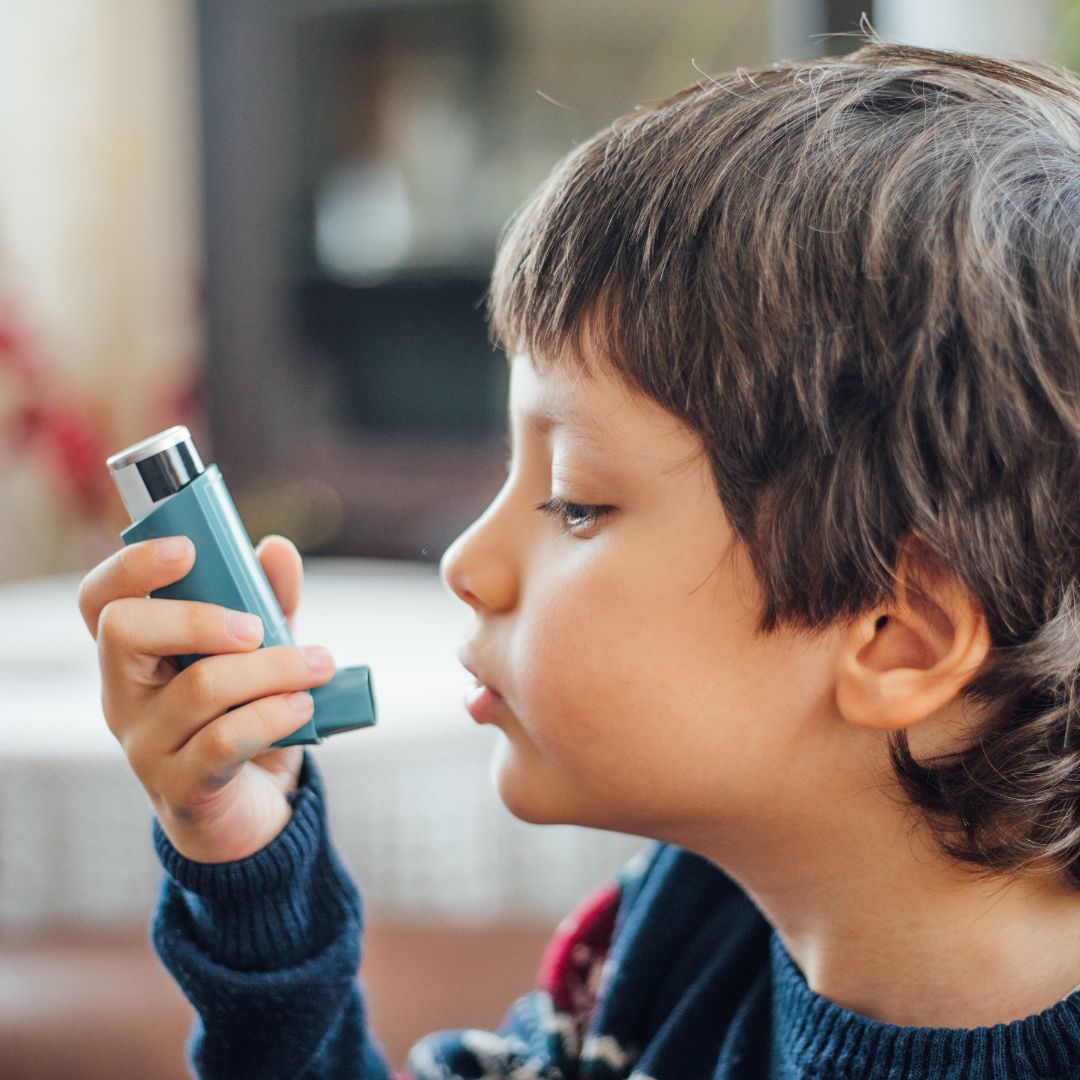As a parent, your child is the center of your world. You would do anything for them, and it’s natural to want to hyperfocus on any ailment they may experience. While most common health conditions in children present themselves to be mild such as the common cold, stomach flu, bronchitis, etc., children are more at risk for other conditions such as eczema and asthma. So much so that studies have found that children that suffer from eczema in the first two years of life were three times more likely to develop asthma in the next five years. To understand more about eczema in children, read our 5 Tips on Treating and Managing Eczema Rashes in Children.
Eczema In Children
There’s nothing softer to touch than an infant’s skin, so it can be concerning when you notice any irritation forming on your child’s body. Eczema, a condition that causes dry skin due to an overactive immune system, affects 25 percent of children. It also tends to be a condition that babies are more predisposed to because their skin barrier is more fragile than an adult’s. For a broader understanding of eczema causes and symptoms, visit Eczema Causes and Symptoms.
Signs and Symptoms
Signs typically show up in children as red, dry itchy patches on the skin that result from inflammation. If your child scratches the irritated skin, it’s possible for it to develop oozing and crusty sores from inflection. In infants and younger children, eczema affects the face, scalp, arms/legs, and for older children, it tends to be in the insides of elbows and backs of knees.
Treatment Options
The good news is that eczema can be treated. For children, it’s important to use gentle cleansers that don’t contain a scent. You also want to limit your child’s time in a bath and apply thick lotions to lock moisturizer into the skin. In some cases, doctors may prescribe a steroid cream. However, steroids at a young age may have lasting effects on your child’s health, so it’s important to do your research.
If you’re looking for a natural approach to treat your child’s eczema, try our Eczema Treatment for Kids. It’s the first over the counter treatments for kids that combines certified organic homeopathic medicine and certified organic essential oils to help soothe & relieve kids' skin irritations & itching due to atopic dermatitis or eczema-prone skin.
For more insights on natural treatment options, consider our article on Homeopathy for Eczema: A Non-invasive and Natural Treatment. Additionally, lifestyle changes can make a significant difference; read 6 Tips to Reduce Eczema Symptoms and Live Better. Managing stress is also crucial; learn more in Eczema and Stress: The Connection and How Homeopathy Can Help.
Asthma And Eczema
As we stated above, young children who experience eczema as a child, are more likely to also have asthma, a condition that affects the airways and lungs. In fact, studies show that 50 percent to 70 percent of children with severe eczema go on to develop asthma.
While researchers are still pinpointing why this exactly happens, recent findings discovered that a connection could be made with eczema and asthma starting with cells in damaged skin. The defective skin cells from severe eczema secrete TSLP (thymic stromal lymphopoietin), a compound capable of eliciting a powerful immune response and when it reaches the lungs, triggered hypersensitivity such as asthma.
Other research indicates that the two are linked because both are caused by a strong reaction to environmental allergens. For example, possible eczema triggers can be cold air, humidity, stress, irritants found in detergents and soaps. Similar triggers can also be found in asthma flare ups such as cold air, stress, and exposure to irritants such as strong odors and smoke.
Regardless, it’s important to know that not everyone who has eczema will have asthma and vice versa. Genetics, family health history, your environment and lifestyle do play into this as well, and if you notice any symptoms of either condition, it’s important to talk to your doctor.


